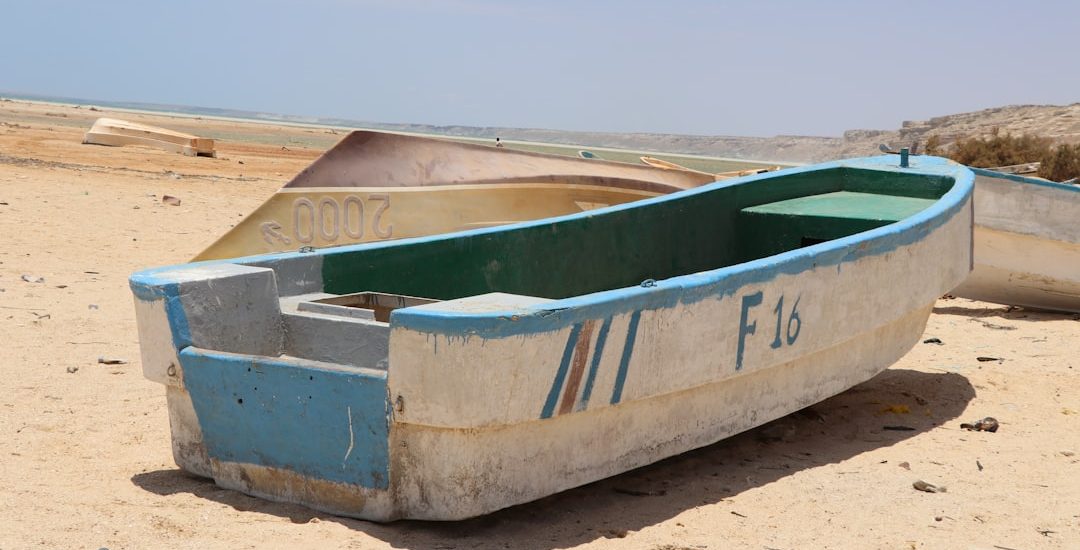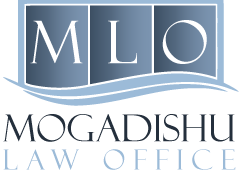Foreign Investment Risks Rise with New Oil Agreements
- May 1, 2025
- Posted by: Haji Osman
- Categories: Business News, Industry Focus, International, Investment & Trade, Legal Insights

Somalia’s Economic Developments: Critical Updates for Business and Legal Practice
The Somalia Ministry of Planning released its second economic outlook report on May 31, 2025, providing the first comprehensive analysis of our economy from 2004 to 2023. This report, launched by Minister Mahmoud Abdirahman (Beene-beene), represents unified data from all federal agencies and marks an important step toward transparent economic governance.
The report covers seven critical areas: economic activity, labor force, investment profile, monetary and fiscal policies, food security, foreign trade, and external debt. For legal practitioners and businesses, this document provides essential baseline data for investment decisions and contract negotiations. The government intends to use this report for policy decisions and engagement with development partners as Somalia completes reforms under the Heavily Indebted Poor Countries Initiative.
The Somalia-Turkey oil agreement signed in March 2024 requires careful examination by our business community. After the full agreement details became available in May 2025, economic analyst Mohamed Malin identified several concerning provisions that may limit Somalia’s revenue generation capacity. The agreement grants Turkey exclusive rights to explore and produce oil and gas in Somali waters, but includes revenue exemptions and restrictive legal clauses that could affect our economic sovereignty.
These exemptions present particular concern for domestic revenue mobilization, which remains essential for post-conflict reconstruction. Legal practitioners must understand that this agreement sets precedent for future resource contracts and may influence how foreign investors approach similar arrangements.
Practical Implications for Business Operations
Current economic indicators show Somalia’s GDP per capita at $597.46 with a population of 18 million, according to May 2025 World Bank data. The country remains classified as low-income within Sub-Saharan Africa. The African Development Bank continues supporting institutional strengthening for economic policy management and infrastructure development, as reported in their May 2025 implementation progress report.
The economic outlook report acknowledges significant global events that affected Somalia between 2004 and 2023:
- Global Energy Crisis (2004-2008)
- Global Financial Crisis (2008)
- Yemen War (2015)
- COVID-19 Pandemic (2019-2022)
- Russian-Ukrainian War (2022)
These events created persistent challenges affecting trade, investment, and economic stability that continue today.
For businesses operating in Somalia, these developments indicate the government’s increasing focus on data-driven governance and accountability in economic management. Companies should expect more structured approaches to economic policy and potentially more scrutiny of large-scale agreements, particularly in natural resources.
Legal practitioners must pay attention to the evolving regulatory framework around natural resources and the government’s commitment to transparency in economic reporting. The contrast between the secretive Turkey oil agreement and the public release of comprehensive economic data suggests the government recognizes the importance of transparency for sustainable economic development.
Investors should review the economic outlook report for sector-specific opportunities and understand that Somalia’s economic environment, while challenging, shows signs of more systematic governance approaches. The focus on domestic revenue mobilization means businesses should expect discussions about fair taxation and revenue sharing in future agreements.
These developments require legal practitioners to balance foreign investment opportunities with Somalia’s long-term economic sovereignty interests. The experience with the Turkey agreement demonstrates the importance of thorough contract review and public consultation in major resource agreements.
Sources
- https://mop.gov.so/somalia-economic-outlook-2nd/
- https://blogs.lse.ac.uk/internationaldevelopment/2025/05/22/using-the-domestic-revenue-mobilisation-lens-to-assess-somalias-oil-agreement-with-turkiye/
- https://www.afdb.org/en/documents/somalia-strengthening-institutions-economic-policy-management-and-infrastructure-development-ipr-november-2024
- https://data360.worldbank.org/en/economy/SOM
- https://www.radiodalsan.com/minister-beene-beene-launches-second-edition-of-somalias-economic-forecast-report/

